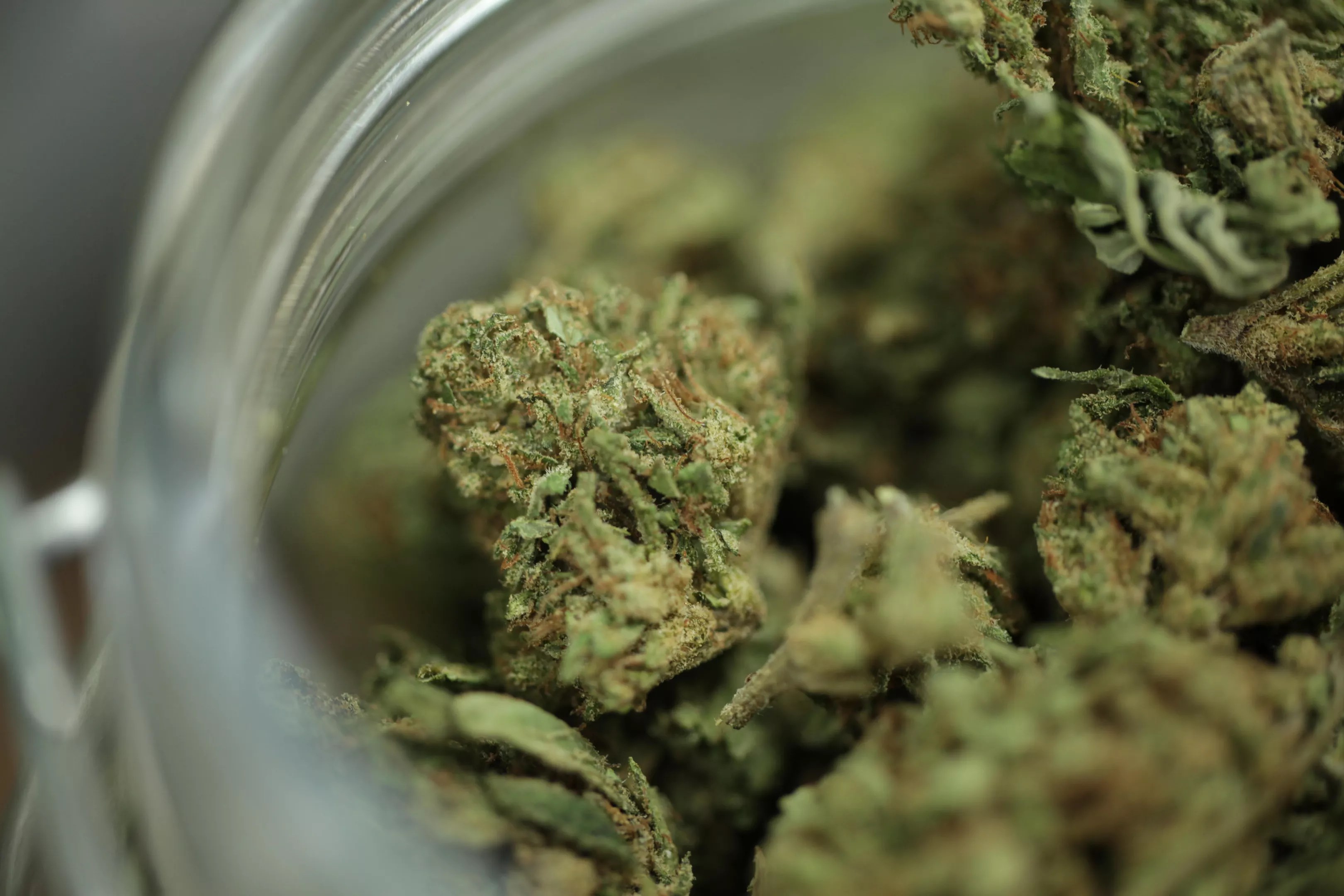
Malen Blackmon

Audio By Carbonatix
Texas Attorney General Ken Paxton’s winning streak continues, and this time, the city of Dallas helped him land another notch in the win column. At least for the time being, Dallas will not enforce a charter amendment approved in November aimed at decriminalizing less than 4 ounces of marijuana.
According to the Dallas Morning News, this decision follows a joint motion filed last week by the city and Paxton’s office. The motion requested that a judge issue a temporary injunction blocking the new amendment, which was one of several controversial propositions filling November’s ballot.
Unlike the results for the other charter amendments, which involved police staffing and the ability to file a lawsuit against the city, Proposition R vote totals showed voters were overwhelmingly in favor of decriminalizing small amounts of marijuana, with 66% of the vote. A primary goal of the proposition was to decrease the number of arrests for low-level offenses, which have taxed an increasingly crowded Dallas jail and an understaffed police force.
Perhaps the writing was on the wall, however. Paxton filed suit against the city almost immediately after the election, something he had done with several other cities, including Austin, which had passed similar laws. This latest action comes after an April appeals court ruling stating that cities cannot prevent police from enforcing marijuana-related offenses.
“Cities cannot pick and choose which State laws they follow. The City of Dallas has no authority to override Texas drug laws or prohibit the police from enforcing them,” Paxton said in a Nov. 21 news release. “This is a backdoor attempt to violate the Texas Constitution, and any city that tries to constrain police in this fashion will be met swiftly with a lawsuit by my office.”
Paxton wasn’t the only vocal opponent of the measure. Former Dallas Police Chief Eddie Gracia spoke against it before his September resignation, noting that in his view, 4 ounces were not a small enough amount of weed for police to ignore.
The injunction granted to the city is temporary. But for now, Dallas police can presumably use smell as probable cause for search and seizure for up to 4 ounces. Requests for comment to the Dallas city attorney and Dallas Police Department were not immediately returned on Friday.
Outside of the Prop. R guidelines, getting caught by police with less than 2 ounces of marijuana in Dallas is a Class B misdemeanor punishable by up to 180 days in jail and a $2,000 fine. Possession of between 2 and 4 ounces of marijuana is a Class A misdemeanor with a possibility of up to one year in jail and a $4,000 fine.